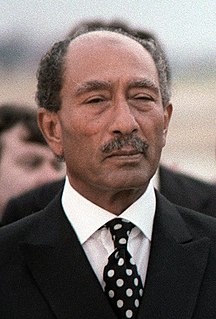A Quote by Paul Bloom
Over the last few years, I've been focusing on questions having to do with the self, and questions having to do with morality. I'm very interested in why we do good things, or bad things, and where moral judgments come from.
Related Quotes
You can imagine over very long timescales, perhaps far beyond the multi-decade time scale, we might be able to ask very deep questions about why we feel the way we feel about things, or why we think of ourselves in certain ways - questions that have been in the realm of psychology and philosophy but have been very difficult to get a firm mechanistic laws-of-physics grasp on.
Science is very good at answering the 'how' questions. 'How did the universe evolve to the form that we see?' But it is woefully inadequate in addressing the 'why' questions. 'Why is there a universe at all?' These are the meaning questions, which many people think religion is particularly good at dealing with.
Curiosity is a key building block. The more curious you are, the more creativity you will unleash. A great way to do that is to ask the three "magic questions" again and again... those questions are simply, "Why", "What if?", and "Why not?". Asking these questions constantly focused you on the possibilities and away from how things are at the moment.





































